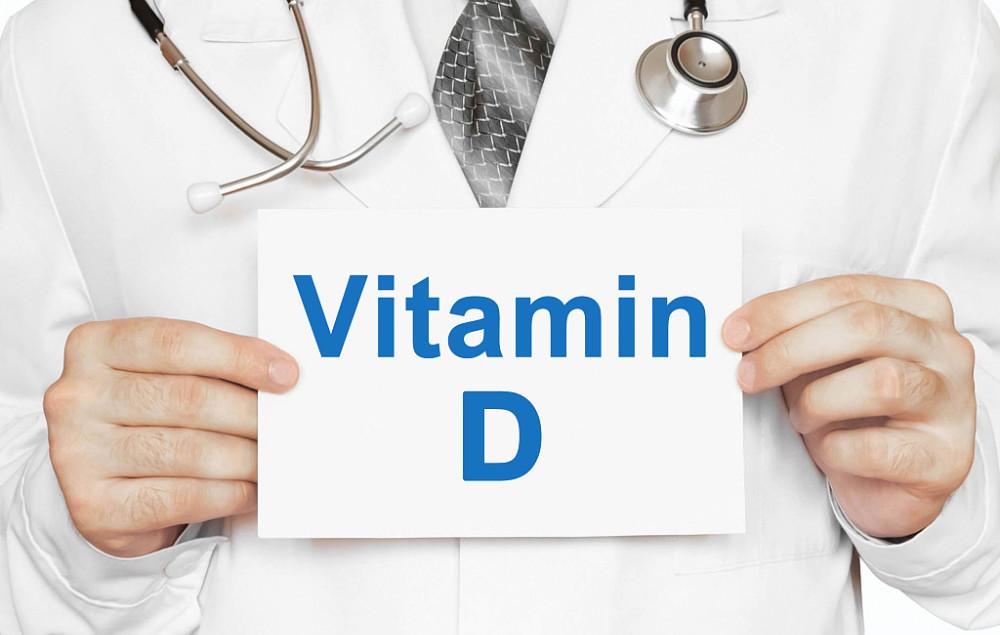In recent years, a growing body of research on the role of vitamin D in the success of the in vitro fertilization (IVF) cycle has shown an association between vitamin D and fertility. In practice and research, test-tube experts have consistently found that vitamin D is at least associated with the following.
1. Vitamin D and implantation

Studies have shown that the concentration of vitamin D levels in women is correlated with the success rate of IVF embryo implantation, and when the concentration of vitamin D levels is maintained within normal levels, the implantation rate and pregnancy rate of embryo transfer are higher. Relevant clinical statistics show that vitamin D
2. Vitamin D and ovarian function
Vitamin D in the ovaries can affect the action and production of hormones, such as FSH, AMH, progesterone and so on. Recent studies have shown that vitamin D does regulate the effects of FSH and AMH, and also boosts the production of progesterone from the ovarian luteum.
Vitamin D does have some effects on AMH, such as women with low AMH values, and if they lack vitamin D, appropriate supplementation can make their AMH values higher. However, the premise is that there is a real lack of vitamin D, and if it is not lacking, even if the intake of vitamin D is increased, it will not necessarily have the effect of improving the number of eggs and ovarian function.
3. Vitamin D and pregnancy complications
Vitamin D plays a very important role during pregnancy, as pregnant women are able to deliver vitamin D to the fetus during pregnancy, and more than half of the fetus's vitamin D comes from the mother. If a pregnant woman is deficient in vitamin D, it will not only affect the growth and development of the fetus, but also have reactions such as calcium deficiency. In addition, vitamin D deficiencies during pregnancy have a direct impact on both pregnancy and childbirth outcomes. Studies have shown that pregnant women with low levels of vitamin D have a 1.27 times higher than average risk of developing gestational diabetes, 1.54 times more likely to develop preeclampsia, and 1.75 times more likely to have a baby of small gestational age.